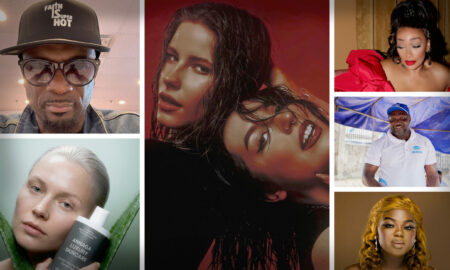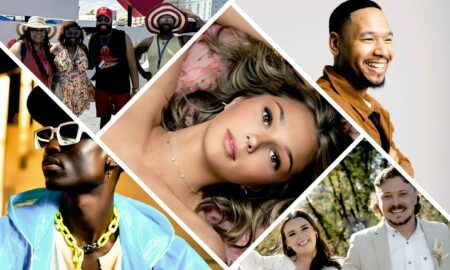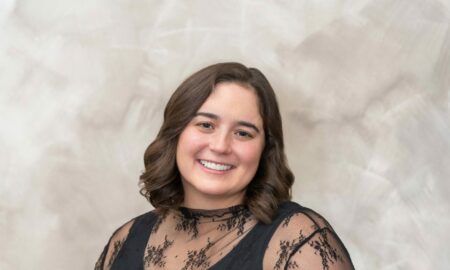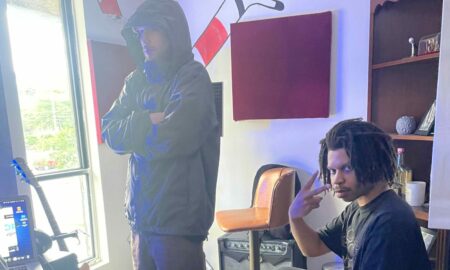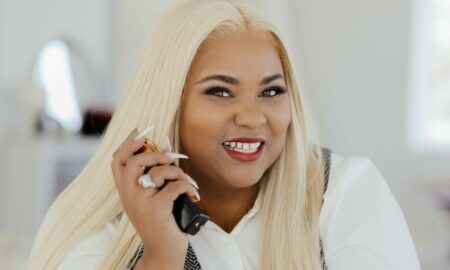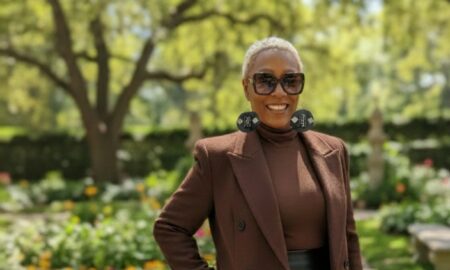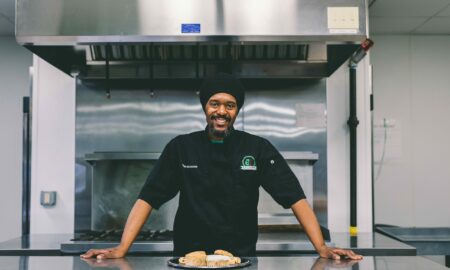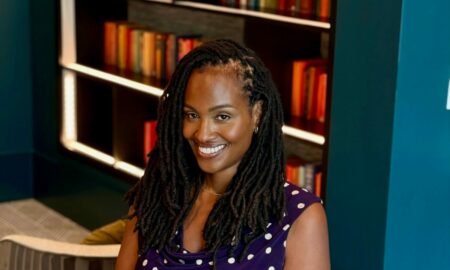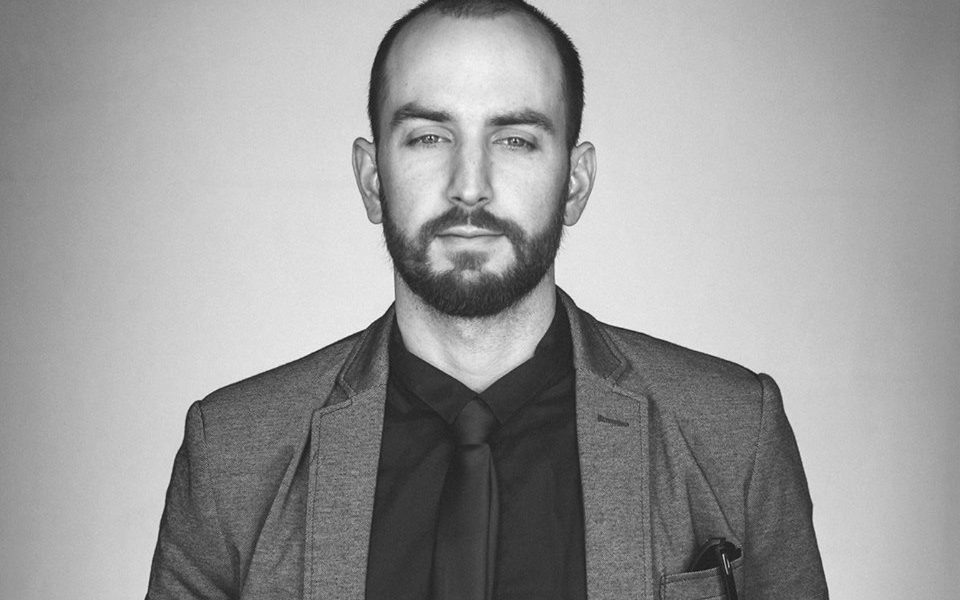

Today we’d like to introduce you to Rex Fuller.
Rex, let’s start with your story. We’d love to hear how you got started and how the journey has been so far.
Since I was a child I can always remember being obsessed with the visual element of storytelling. I can remember being about 8 years old back home in the country in Alabama and closing one eye and panning with my whole body to simulate the camera movement of a make-believe film in my mind. I tore through films of all types, I shot still images through bags and bags of 110 and 35 mm film on family trips.
I got a VHS-C (the little tapes) camcorder when I was about 15 and had it with me everywhere. But It wasn’t until I was about 23 that I finally started to learn how to shoot my still camera in manual mode. I built the confidence I needed by working with local photographers and videographers, doing whatever they needed me to do while watching and absorbing what they were doing, which is something I would recommend every photographer to do. I never really thought I’d be a full-time photographer and be able to live comfortably while doing it, but it happened about 3 years ago. I slowly gained more clients, confidence, and connections.
I specialize in event photography, portraiture, and the bulk of my time goes to real estate/interior design photography in and around Atlanta. I have had the privilege of photographing all types of unique homes from huge multi-million dollar estates to tiny, unconventional homes in the city.
We’re always bombarded by how great it is to pursue your passion, etc – but we’ve spoken with enough people to know that it’s not always easy. Overall, would you say things have been easy for you?
There have been difficulties along the way, but those types of things are the learning experiences. Starting out with a small business in Montgomery, Alabama was tough. Probably more of a result of my lack of business, marketing, and photography knowledge than a result of location. Being a self-employed photographer means you probably have to do everything (at least at the start). Finding ways to effectively operate a small business took a few years of troubleshooting and researching everything from copyright laws and invoicing software to server storage and deliverable prints/products.
It was difficult for me to be comfortable with charging “normal” prices for photography services. I didn’t feel like what I was offering was worth as much as what other photographers were charging. It felt dishonest. So I studied and worked as an assistant and second/third photographer for more well-established companies until I felt like I knew I had a value that could be presented to clients for “real” price points. Some clients might expect their photographer to have expensive cameras and gear, but the real possession that earns photography price points is know-how.
Nice gear makes our job easier and enhances, but once you understand lighting you can do amazing things with the most basic gear. Photography is a craft and takes time to develop deep understanding (which is what enables adaptability in situations outside of a studio where every factor is not under the photographer’s control). New photographers might have a creativity about them (“I’ve got ‘the eye,'” is what they say) but that’s only a jumping in point. It’s a long road, and generally what photographers tout as their best work at the beginning is embarrassingly unrealized down the road.
Which reminds me of the importance of critiques and allowing myself to be open to criticism. There are some standards, but photography is a subjective art whose merit lies in the eye of the beholder.
You absolutely should be able to look at your beginning work and tear it apart. All critiques are valuable in their own right because you get insight into people’s opinions. Accept criticism on the surface level and be real honest about where you got lucky/unlucky and where the deliberation is. The best thing I’ve done is to remove myself emotionally from a photograph and see it objectively as a stranger might.
My first wedding I shot with one of my best friends (who now runs his own Atlanta photography company called Lucent Creations) and we charged a paltry 200 big ones. The client–being the astute businessman he apparently was–actually offered to pay us in $300 worth of drugs, but alas we opted for the $200. Weddings, especially for a relative novice, are a sort of trial by fire. It seems like every wedding or event has its own crisis. Once you experience enough difficulties you start to change your approach, contracts, and whatever else is needed to adapt and that’s how you get better. Those lessons stick because they’re painful.
As for my real estate work, it has actually been a smooth road. Probably because I didn’t approach that world after I had learned how to deal with high pressure, high expectation clients in event photography. Of course, it took a while to build client trust and rapport but once they trust you everything falls into place. Once I accepted that everything is an uphill, tiered battle the effort it takes to get to the next level becomes purposeful and fulfilling.
We’d love to hear more about your business.
I specialize in event photography, portraits, and real estate/interior design photography, I suppose I’ve made a name for myself in the way that I shoot real estate and the product that results, although I doubt I’m the only person who approaches it the same way.
I like to take my camera off the tripod and walk around the subject (the home or designer’s vignette) much the same way that I used to close an eye and pretend my eye was a movie screen. Except in this instance, I keep both eyes open and probably don’t look as silly as I did when I was 8, but who knows? If I see some visual relationship or something interesting I bring the camera to my eye and begin framing. Without the tripod, I’m free to think about shots in an unconstrained way. I only use it when I have to, such as when I need a longer shutter speed that won’t work handheld.
Hopefully this “getting to know the subject” talk doesn’t come off as pretentious because I don’t really consider myself an exceptional photographer. I think that self-critical way of thinking is actually an asset as long as you don’t show your clients that thought process (unless they know you already). This doesn’t mean be unconfident or overcompensate. Inflated ego is a plague that affects too many photographers, surprisingly most of them amateurs. I do my best to remain objective and self-aware, which in turn means I know that there’s plenty more to learn. Which is the fun part?
Contact Info:
- Website: http://www.rexfullerdesign.com
- Phone: (334) 224-9607
- Email: rex.fuller@gmail.com
- Instagram: https://www.instagram.com/rexfuller/
- Facebook: https://www.facebook.com/fullerdesignstudio/








Getting in touch: VoyageATL is built on recommendations from the community; it’s how we uncover hidden gems, so if you know someone who deserves recognition please let us know here.

